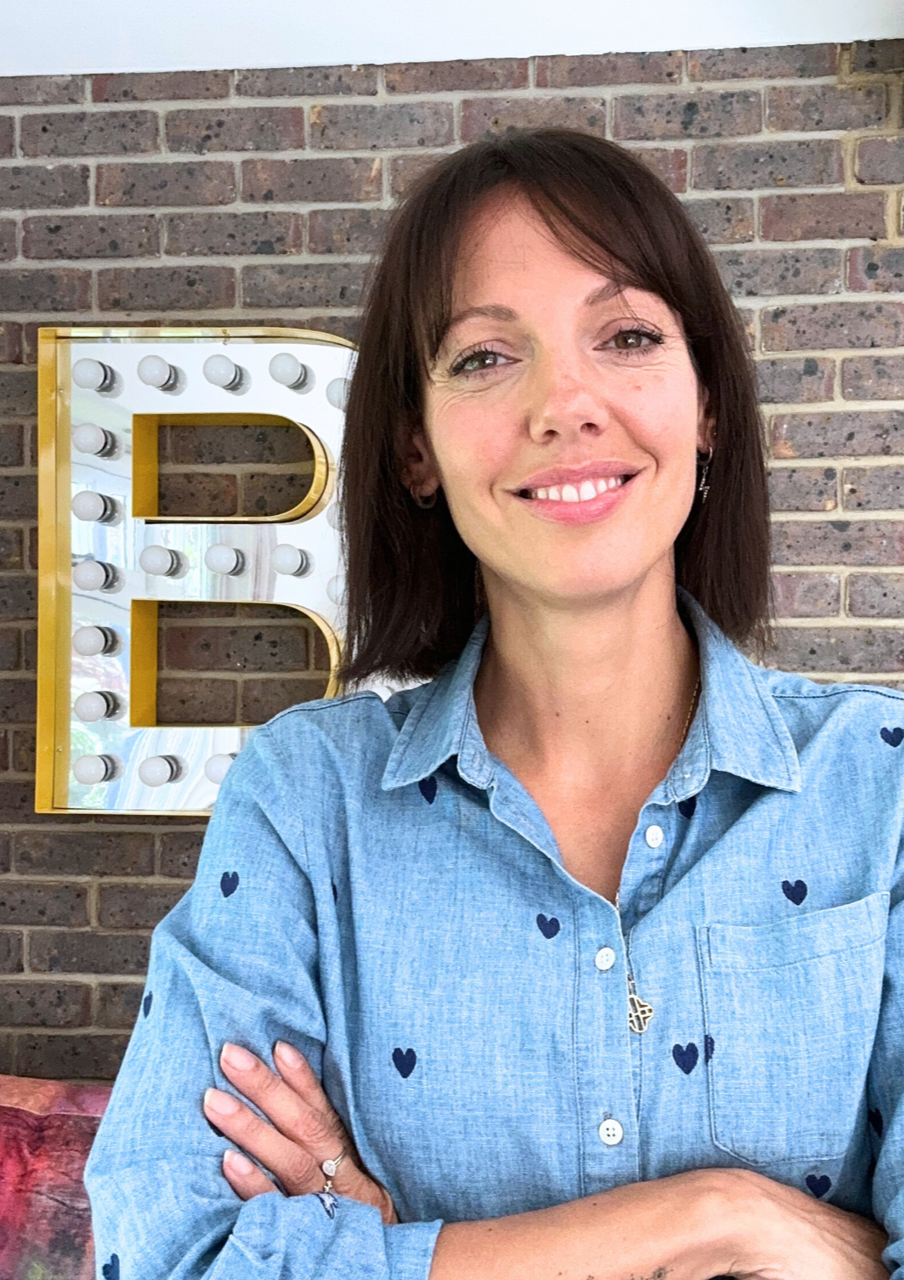Anxiety presents differently for everyone, encompassing both mental and physical symptoms. While some may only associate it with worry, it can also manifest as irritability, difficulty concentrating, restlessness, and specific fears.
Physical symptoms are equally important and may include chest tightness, shortness of breath, palpitations, stomach discomfort, nausea, headaches, trouble sleeping, and increased fatigue.
Anxiety is a really common symptom for women in peri-menopause and menopause. Everyone's menopause experience is different. For me, my menopause was caused by my cancer treatment. I woke up from surgery to have my ovaries removed and felt like I was suddenly in a different body.
For those that have had a cancer diagnosis and have cancer-treatment-induced menopause, anxiety can be life-impacting. Having had a cancer diagnosis alone is tough, but then being put into menopause because of chemotherapy, radiotherapy, hormone therapy or surgery can feel like a double whammy. Many women feel as if they have no treatment options, they feel isolated and lonely. They might be anxious about their cancer coming back and on top of that low or no levels of oestrogen can also make anxiety much worse.
Hormone replacement therapy can be very helpful to ease anxiety. This treatment option is available to lots of women but if it isn't an option for you, or if you chose not to take HRT, it can be really tricky to handle. Many cancer survivors, for example, are told not to take it due to their particular type of cancer. But that does not mean there is nothing you can do.
In all the years of having navigated cancer survivorship and then early menopause this has been the most debilitating and constant symptom for me. I wish that in the early years after treatment, I had gone and sought more help. Looking back, I thought it was normal to be feeling anxious after cancer. It's really important to know that whatever diagnosis you have, whatever stage you're at, whatever treatment you're going through, you do not need to suffer with mental health-related symptoms.
I still have to manage my anxiety, many years after my cancer treatment and the onset of menopause. I use different approaches at different times. I tried medication and meditation. Each has its place. I even tried herbal medication once, and my herbalist prescribed me a mixture of valerian and ashwagandha. That's really helped too.
Here's what you can do to help ease anxiety on top of HRT if appropriate :
- Look up the GAD-7 screening tool which can help you assess your anxiety levels. This might help you to seek appropriate support from healthcare providers if needed
- CBT cognitive behaviour therapy is a very effective treatment for anxiety
- There are also medications such as antidepressants, which can be a very helpful option after attempting psychological therapy
- Mindfulness-based interventions are also effective for managing anxiety for healthy peri-menopausal and menopausal women or for those during and after cancer treatment
Four practical examples of a mindfulness practice can be:
Focus on your breath: Close your eyes and take a deep breath in through your nose, hold it for a moment, then slowly exhale through your mouth. Repeat this a few times, focusing on the sensation of the air entering and leaving your body. Coller air going into your nose, slightly warmer air releasing. Just notice.
Practice gratitude: Think of one thing you're grateful for in this moment. It can be something simple like the warmth of the sun or a loved one. It can act like a little distraction, anchoring you into the present moment.
Say a mantra: Mantras help us break state and they help give the wandering mind a focal point. A mantra is a series of phrases or words that are sung or chanted during meditation, but they can also be repeated inwardly whilst you are going about your day. I often speak mantras when walking. My favourite mantra when I'm feeling anxious is: 'All is well'. Repeat this over and over again until you feel the soothing benefits.
Go for a mindful walk**:** Take some time out of your day for a mindful walk, even if it's just to the shops or a short walk to the train or bus stop. Turn your phone to silent, set off and walk on being fully aware of what's going on around you. Tell yourself what you can see. Look at the people you pass. What can you smell? What can you hear? Mindfulness suggests that the mind is fully attending to what is happening, to what you're doing, to the space you're moving thorough. You will calmer and more present after a few minutes' walk alone.
Dani Binnington is the founder of not-for-profit Menopause and Cancer. For free resources, practical support and to join our community, visit www.menopauseandcancer.org

